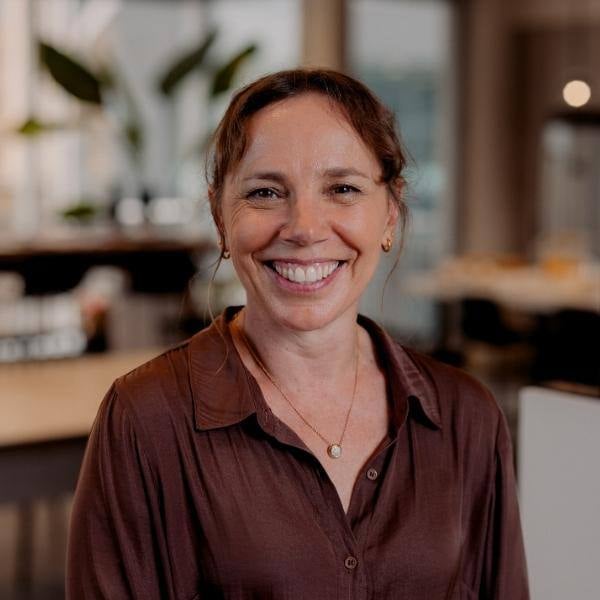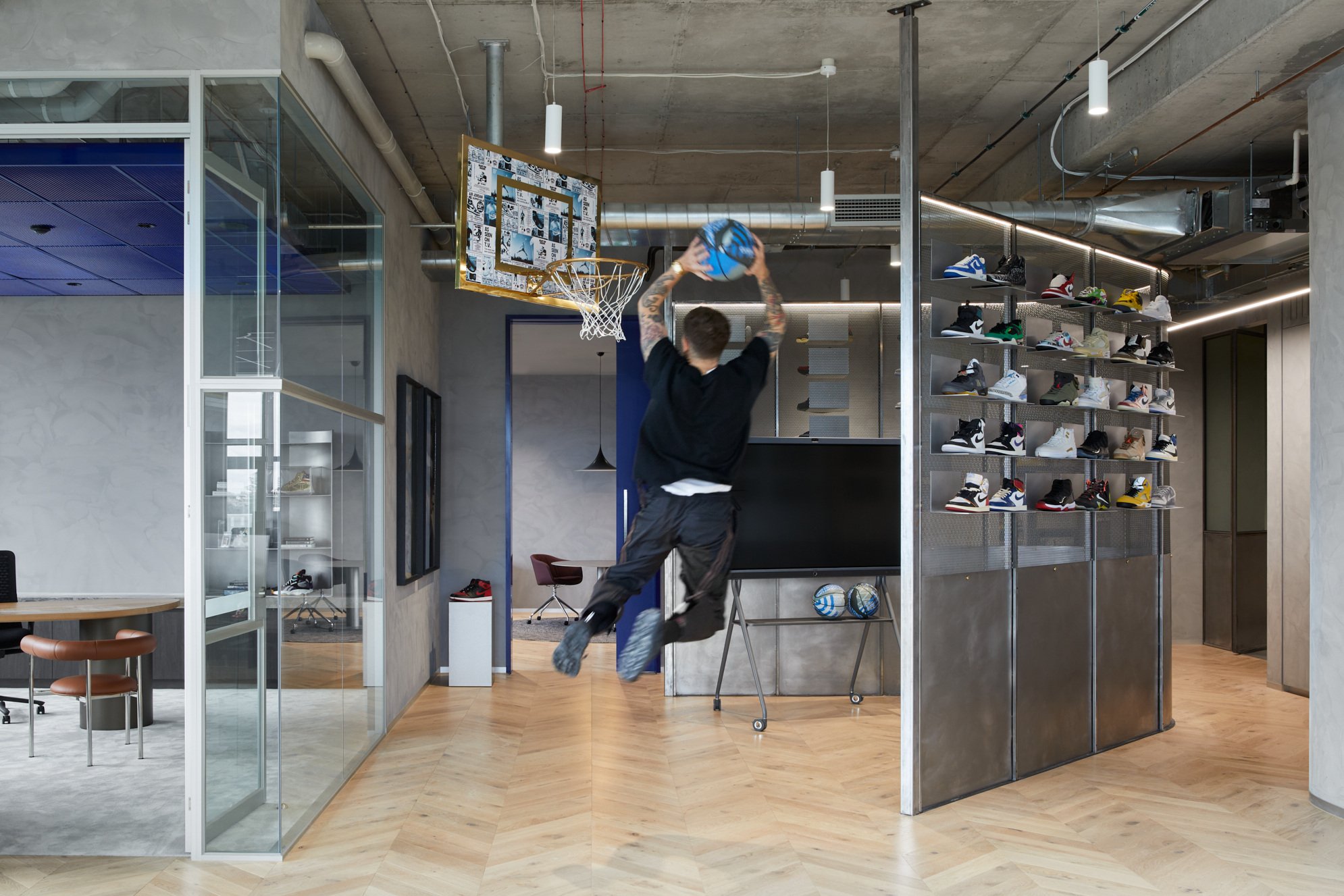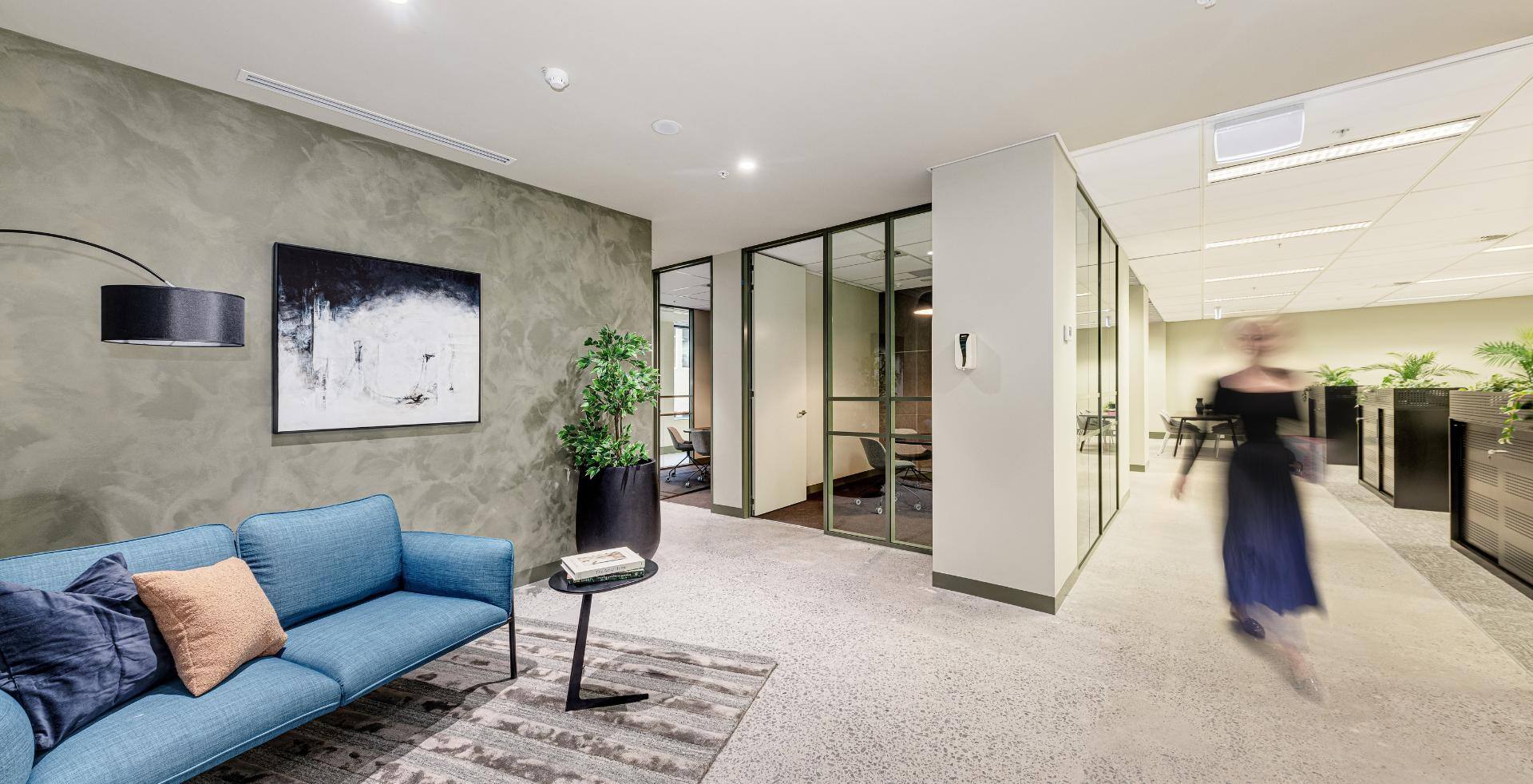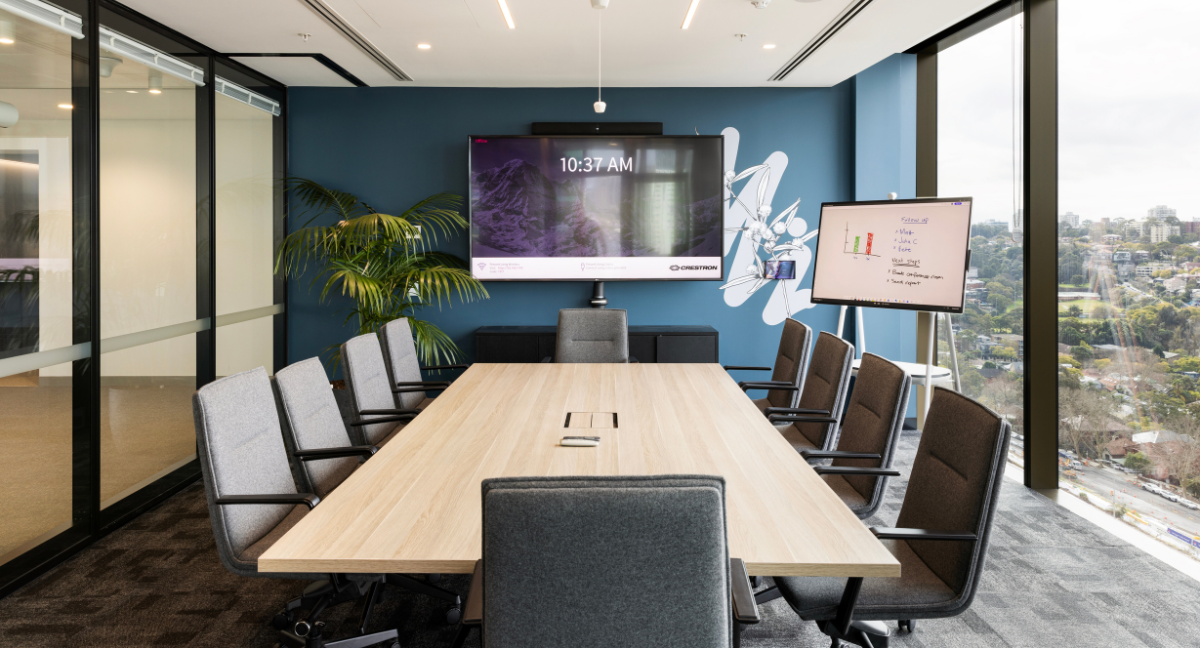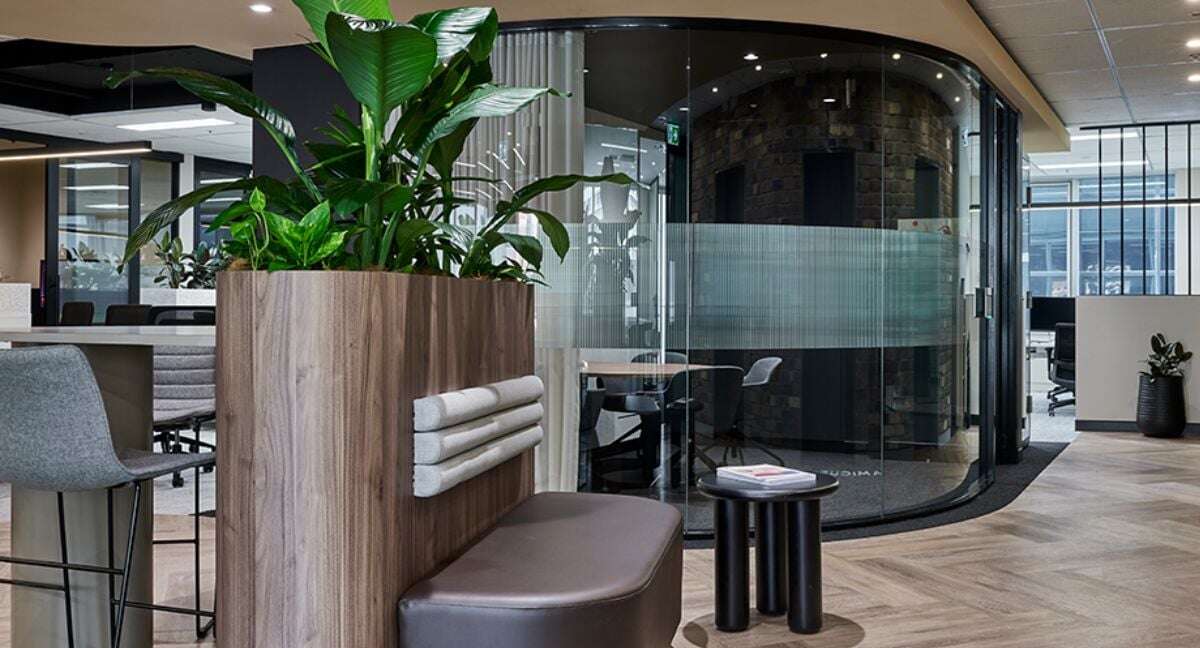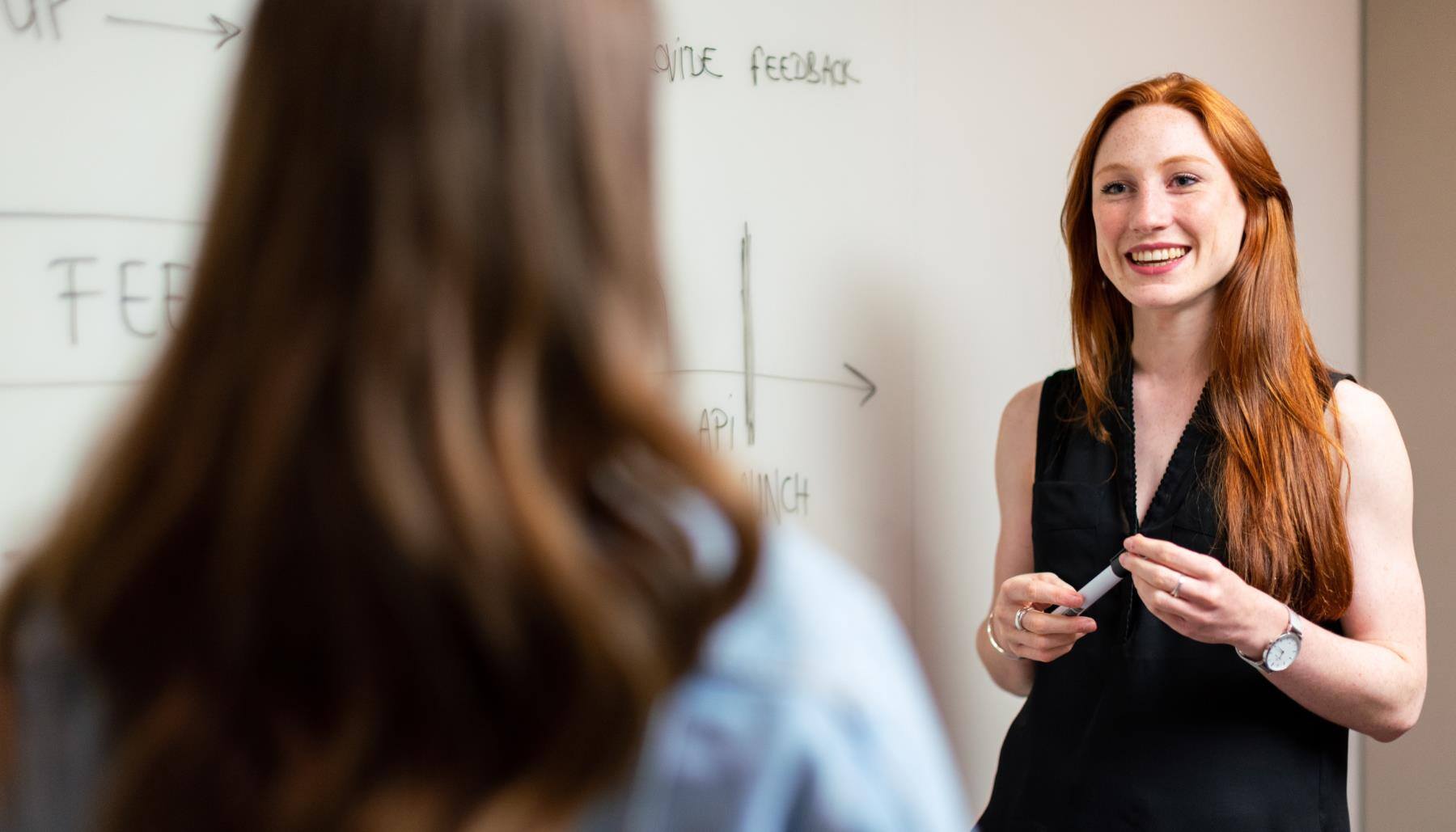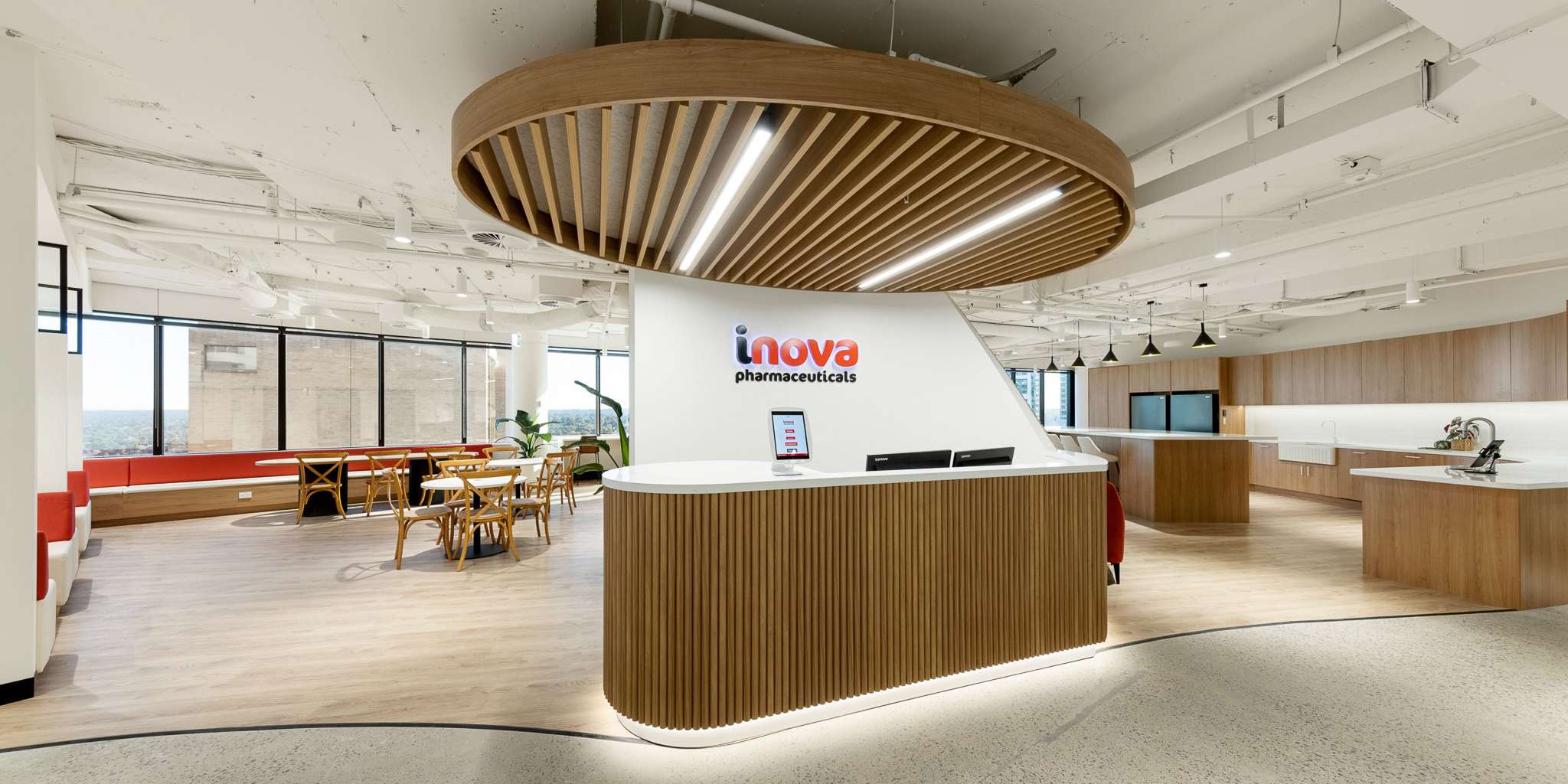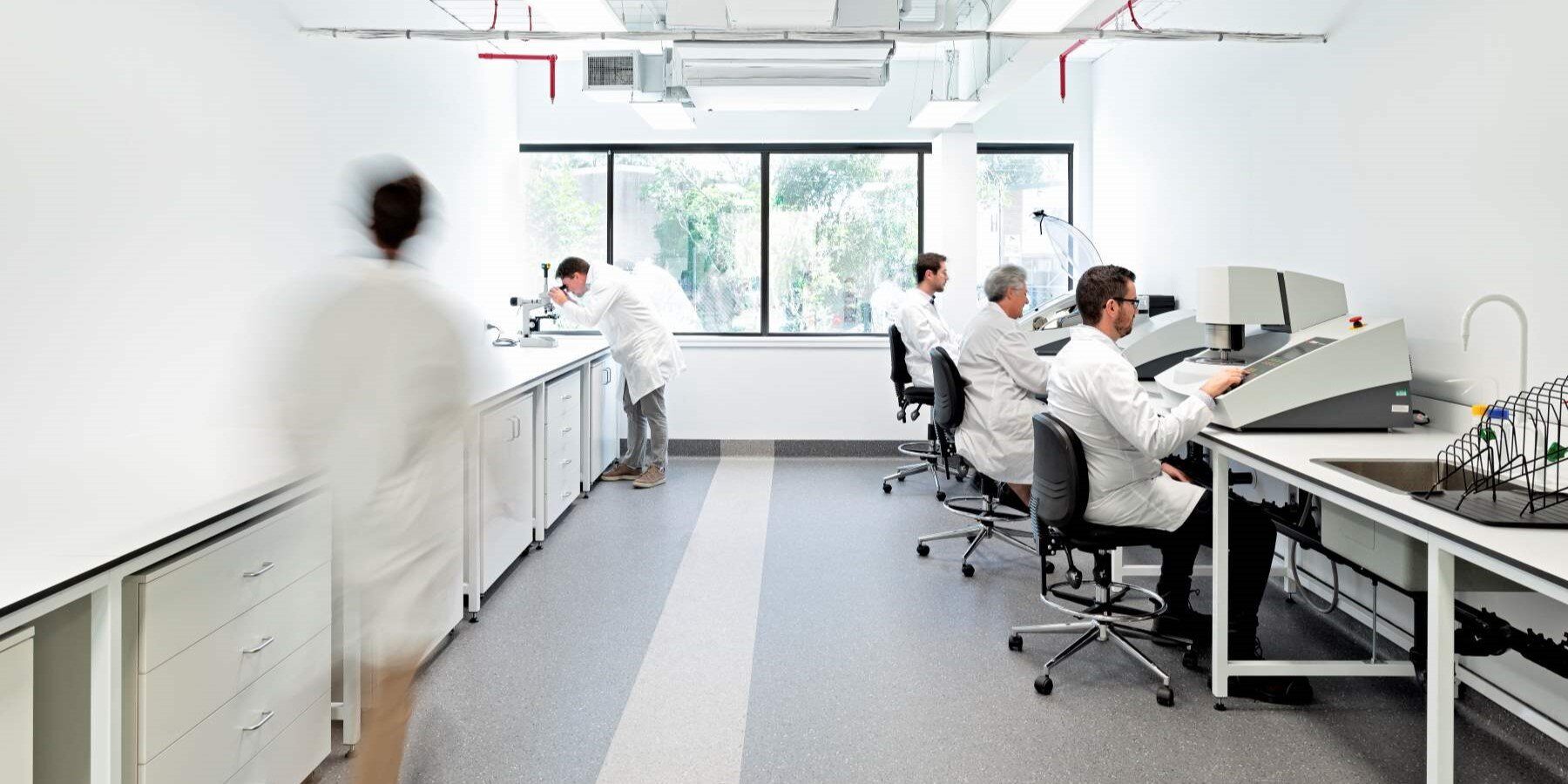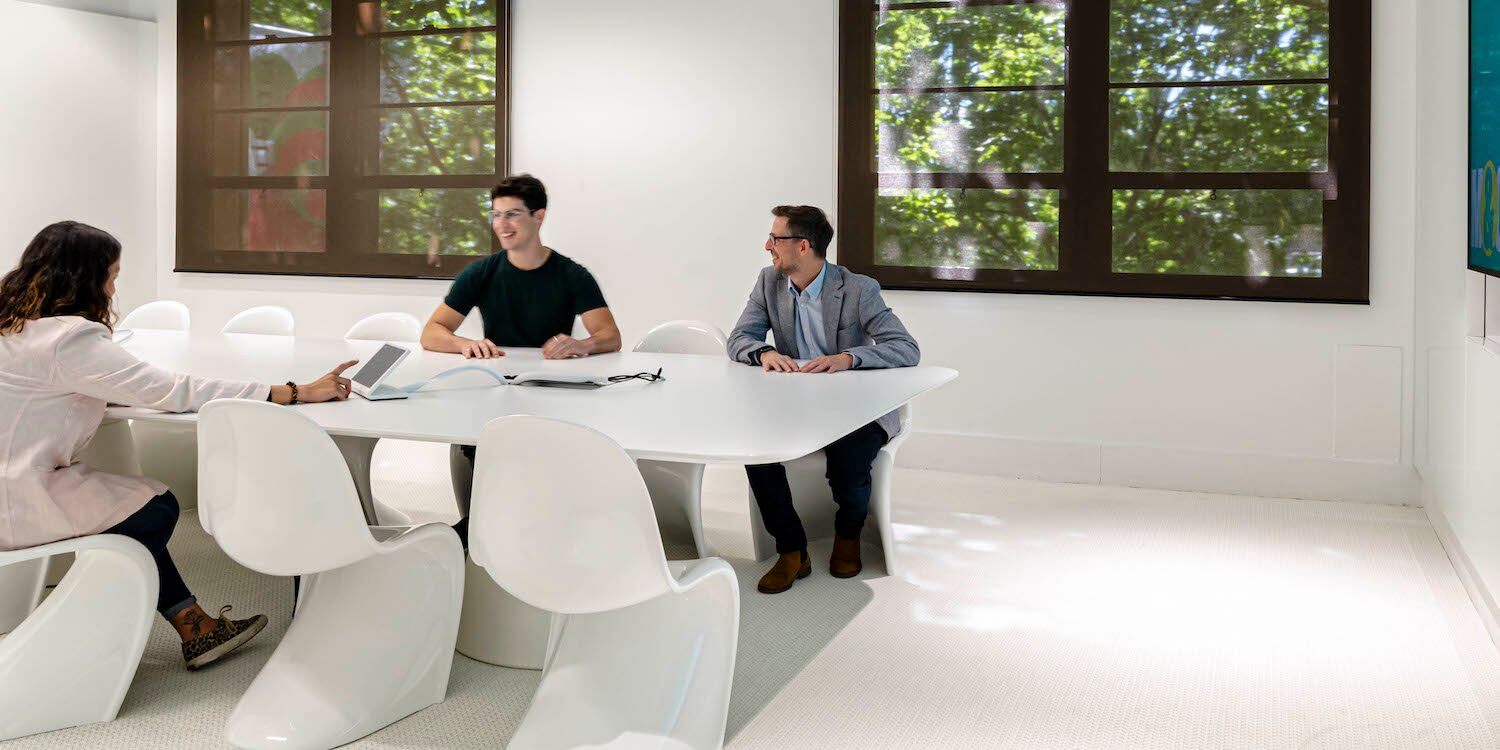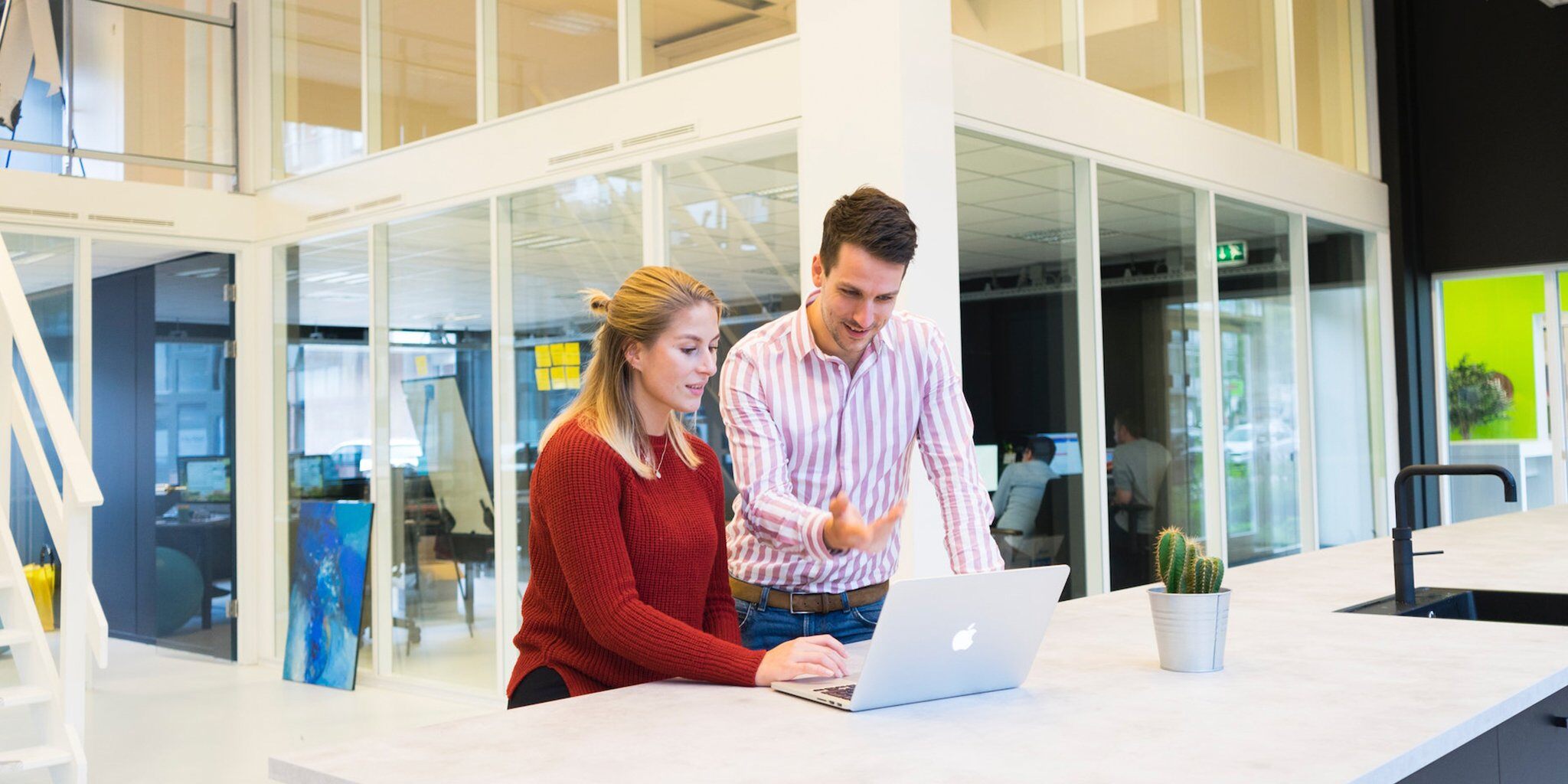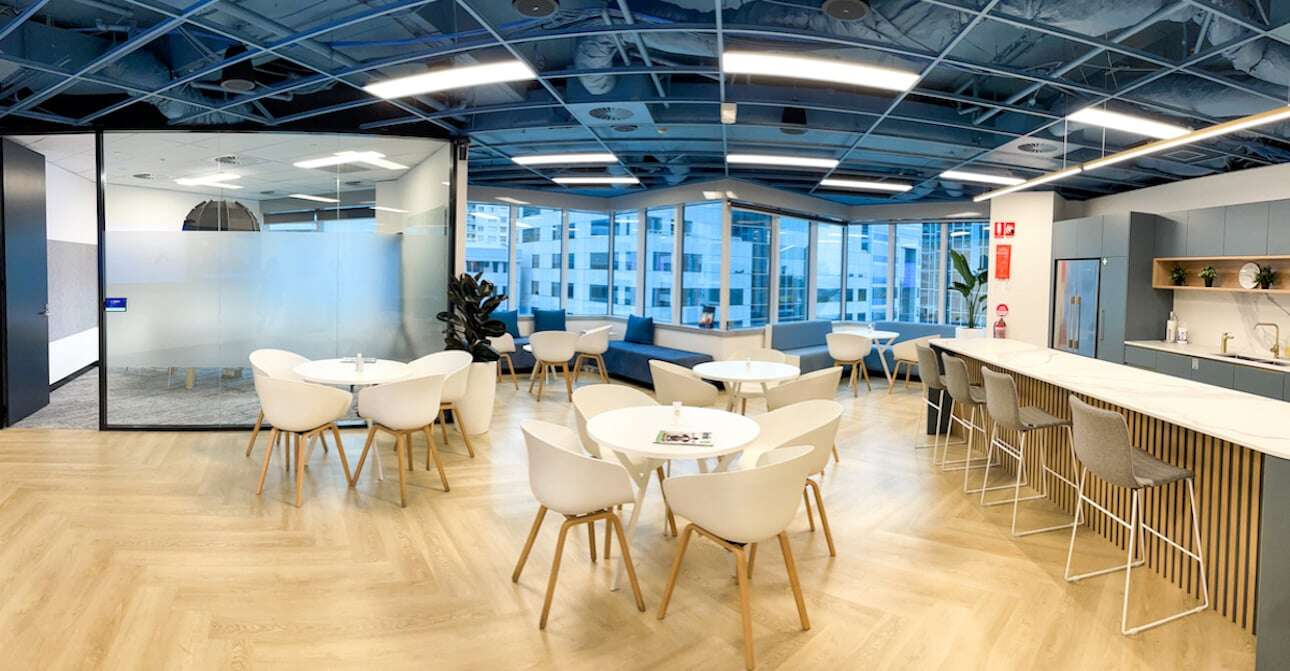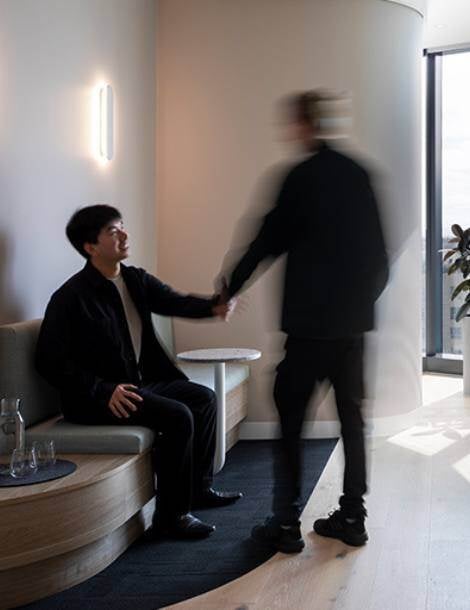If we take the results from almost every survey over the past two years, it is clear that a desire for hybrid working is almost universal.
When we apply this desire to our thinking around workplaces, we know from early experiences there is a lot that doesn't work about hybrid ways of working. We know:
- that team based office time risks siloing of teams and disconnection from the overall purpose of an organisation
- that there will be the loss of tacit learning and relationship building which has priceless, unquantifiable value
- that many of our friendships are formed in workplaces and no amount of virtual socialising will match how relationships are built over time with shared experiences.
So does that mean we all come back to the office? No chance! That horse has bolted and the personal freedom, flexibility, sense of productivity and work life balance discovered during lockdowns won't easily be forgotten.
I think that what we have wrong is how we think about the workplace and the office. We are trying to mesh traditional thinking about where and how we work with a new model. It is our thinking that needs to be different.
I want you to consider the workplace and technology more like a service that facilitates activities and outcomes, rather than a static physical place we come to passively, with the hope that the magic simply happens. We need to be thinking from an individual's perspective whether that be a team leader or individual contributor. What do they need and how do we deliver it?
We need to be re-focusing on how we engineer those human interactions and making individuals responsible for connecting.
How to do this? We advocate for an approach that we call the "AXC" method - Active Experience Curation:
- Each workplace has a dedicated person who manages experiences - like an events or venue manager: they check the bookings for the day, ensure the spaces are ready, assist with tech if needed, stock the stationery and kitchens, and are a helping hand to whoever needs it. They bring a hospitality mindset to the role which means it's all about delivering a great experience and exceeding people's expectations.
- The individual person is responsible not just for getting work tasks done but for making connections. Perhaps they have a list of ways of connecting they need to achieve whether it is company events, networking coffees, learning activities. This is a key part of performance to ensure they maintain social connections, learning and understand the broader organisational purpose. The leader has to deliver similar opportunities for their team and team members to connect with and learn from other teams. This will need to be proactive, because left to chance it won't happen.
- The people team need to lift their game! They need to provide clear expectations but, importantly opportunities for people to connect and learn. This means events, coffee networking rosters, learning calendars and social activities. Depending upon the size of the organisation, this may need to be a dedicated role.
If you consider workplace as a service, where individuals and teams know what they need to achieve and can draw on a number of physical, technological and organisational resources to achieve them, it doesn't matter how much time they spend in the office.
In fact, if your office is empty it is a reflection on how well the physical space supports the activities and outcomes that people need to achieve. It is the space and service itself that needs to be re-thought, not setting a minimum number of days or list of activities.
It is time we actually shift our mindsets to how we achieve great outcomes, which includes how we connect with each other to build a community, around a shared purpose that can deliver the best possible outcomes for the organisation.
Our on-demand webinar The Hybrid Office ‘How To’ drills into the detail of what makes a great hybrid working experience and space, and provide you with a checklist of actions to take away. Click here to get access.

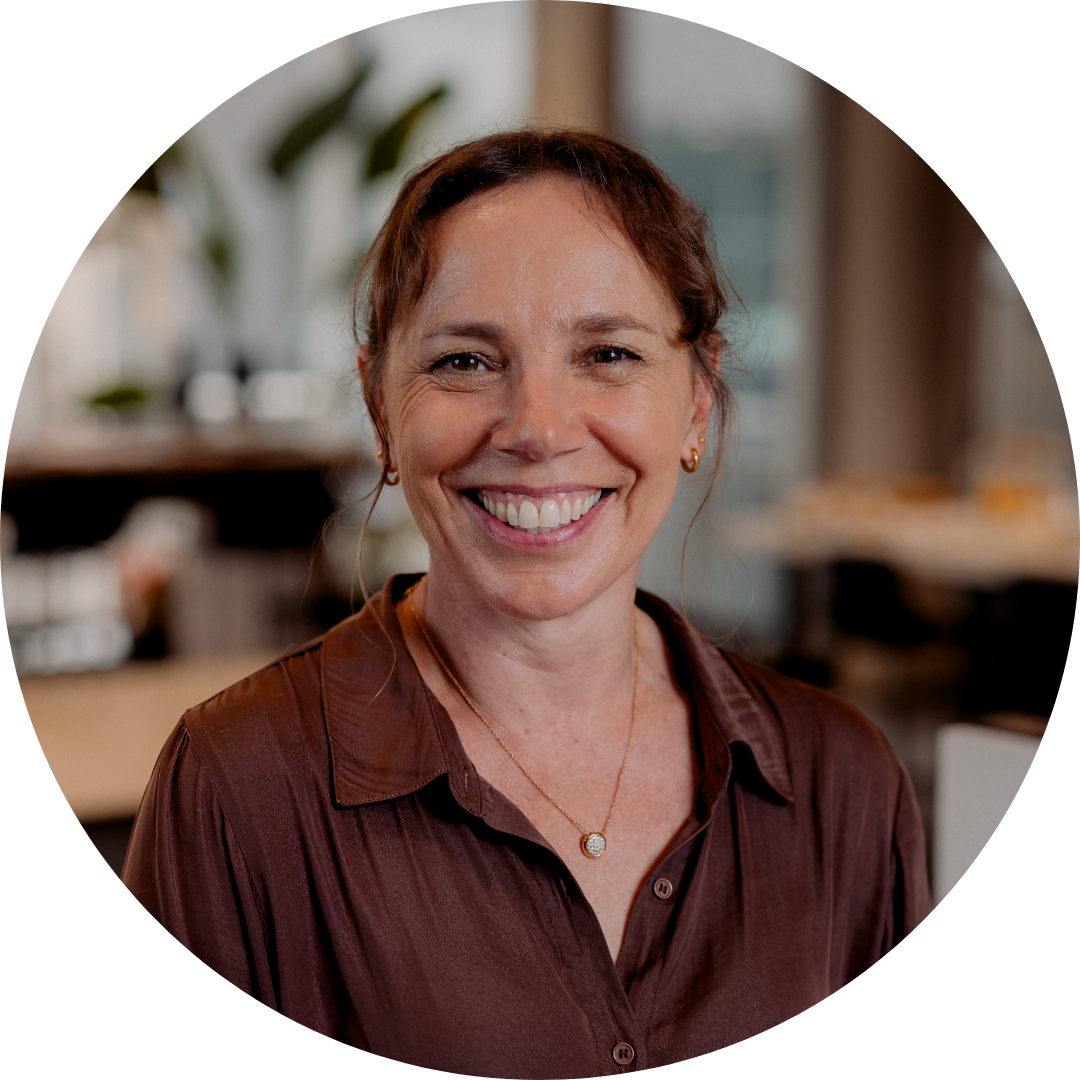
/Cap%20Stats/strategy-inside.jpg)
